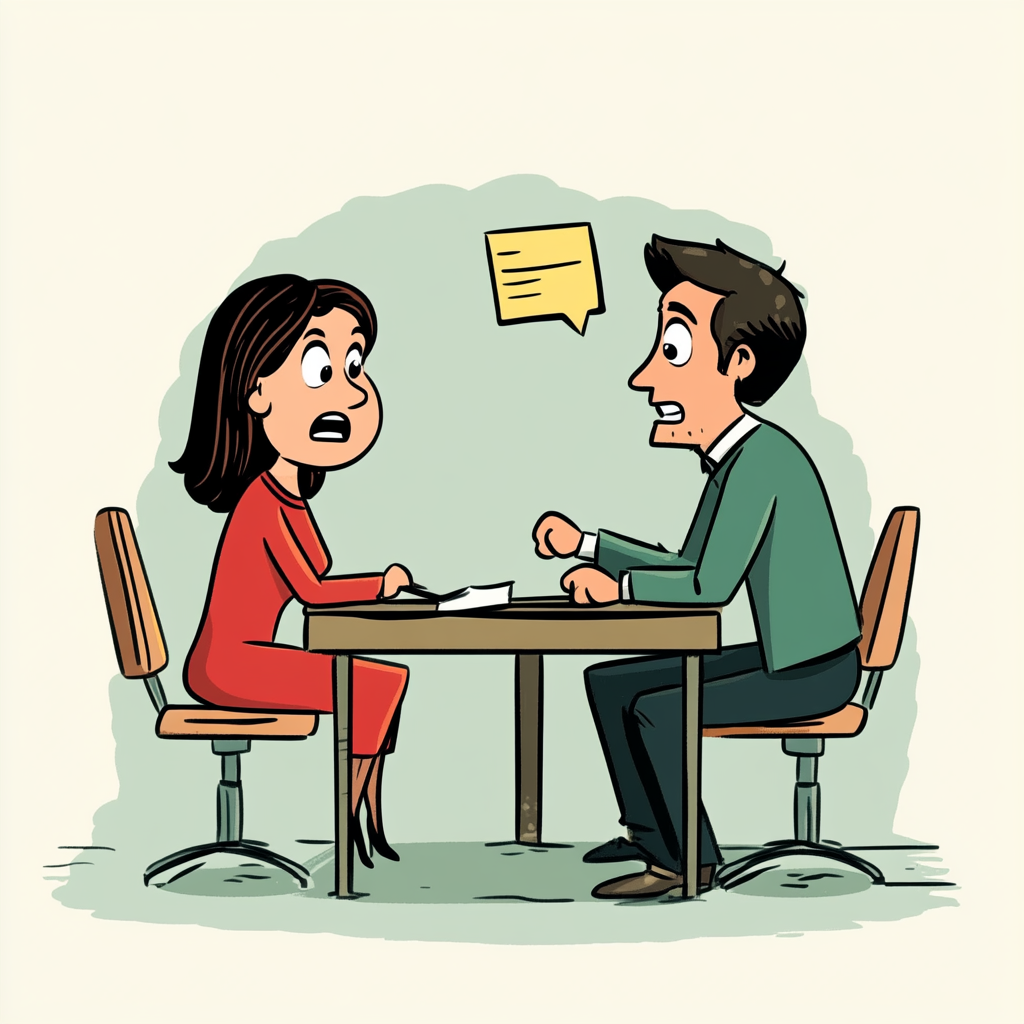I’ve been told stories that have left me genuinely shocked at the conduct of some court-appointed experts, despite their responsibility to uphold a professional code of conduct. It's been reported that bias—whether conscious or not—can sometimes be present in their assessments. I heard of one situation where a parent received completely contradictory reports from two different experts: one with extensive trauma and child abuse training, and the other with a more general background. This naturally raises the question: when reports from professionals conflict so significantly, how does the court decide which one holds more weight? And if raising concerns about an expert’s potential bias or conduct is discouraged, how can fair decisions be made in the best interests of the child?
I’ve also heard accounts where parents were subjected to interviews that felt more like interrogations, with experts allegedly being aggressive or even threatening in their communication. Regardless of someone’s title or credentials, behaviour like that is deeply concerning. In such situations, there are formal complaint options available through the court, although many feel hesitant to pursue them out of fear of backlash or being seen as uncooperative.
A pint to note is the comparison to the known psychological bias in police interrogations—specifically, how a camera that only shows the suspect, not the interrogator, can create the impression of guilt or emotional instability. The same kind of one-sided focus can happen in family law assessments. If a parent’s reactions are recorded or described without the context of the environment or how the expert behaved, it creates a distorted picture—one that can influence how reports are interpreted by others, including the court.
If emotional responses—tears, frustration, even silence—were documented in a report, while the expert’s own tone or behaviour during questioning was not. This can result in a misrepresentation of the parent’s state of mind. It echoes a wider issue: judging behaviour without exploring what triggered it, focusing on the symptom rather than the cause. Some have said it’s easier and faster to categorise someone than to understand them—and unfortunately, there’s little financial incentive to dig deeper.
So, if you find yourself in front of an expert who is dismissive, hostile, or confrontational, try to remain calm. I’ve been told that some experts may push emotional buttons just to observe how you react. Do not stoop to their level. Not for them—but for yourself. Your calm presence may be the most powerful thing you bring into that room.
